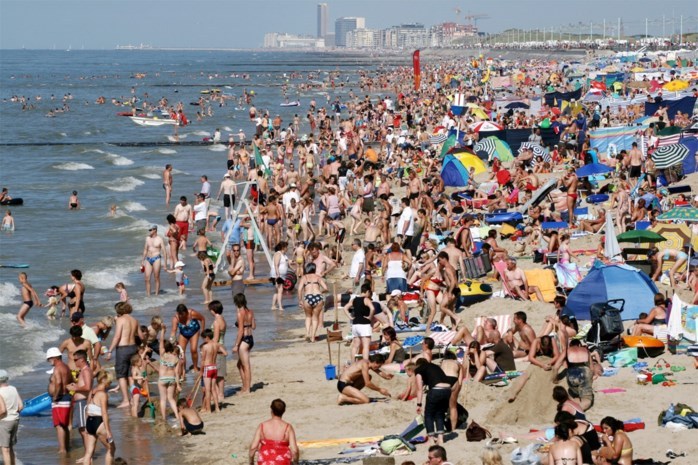While many countries have already lifted all Covid-19 restrictions for incoming travellers in the run-up to the holiday season, a number of countries are still imposing some entry rules on tourists this summer.
After two years of lockdown and Covid-19 restrictions, the travel sector has seen bookings go up strongly and is expecting a mass of tourists and travellers enjoying a summer holiday mostly free of measures abroad.
Most EU Member States no longer have travel restrictions in place for tourists coming from Belgium: residents can travel to Austria, Bulgaria, Croatia, Cyprus, Czechia, Denmark, Estonia, Finland, Greece, Hungary, Italy, Ireland, Latvia, Lithuania, Luxembourg, Malta, the Netherlands, Poland, Romania, Slovenia, Slovakia and Sweden.
Travellers wanting to go to popular non-EU destinations such as the United Kingdom, Iceland, Norway and Switzerland can also do so without being required to present a negative Covid-19 test.
Other countries, however, still have some Covid-19 entry restrictions in place.
In Germany, for example, some measures are still in force, but they can differ depending on what part of the country you are going to. All travellers aged 12 and over must be able to present a valid certificate proving they are fully vaccinated, recently tested negative or recovered from a Covid-19 infection.
Additional conditions and exceptions can also apply in the country's different states. More information about the specific measures in the various states can be found here.
Related News
- Italy drops all entry restrictions for tourists from today
- Sunweb stops investing in CO2 offsetting and offers rail options instead
- Face masks, travel rules: See what measures are being lifted today
Travellers wanting to go to France will still need to present a valid Covid travel certificate upon entry. Everyone over the age of 12 still has to show proof of full vaccination, a negative test or recovery.
Unvaccinated travellers coming from a country on France's green list will still have to present a negative test, but the measures on arrival (test, isolation) are lifted. Whether these rules will apply during the entire summer period has not yet been decided.
Portugal, too, is still requiring proof of full vaccination, recent recovery or a negative test from anyone aged 12 or above. A Passenger Locator Form (PLF) is no longer necessary.
Despite previously extending its Digital Covid Certificate requirement until at least 15 June, Spain on Friday 3 June announced that it was dropping all entry requirements for travellers coming from EU countries and the Schengen area.
This means that they are no longer required to show a valid vaccination, test or recovery certificate upon entry. However, the obligation is still in force for travellers and tourists coming from outside these areas.
Importantly, a vaccination certificate without a booster dose is only valid for nine months after the primary vaccination schedule, meaning that people who received their second dose in September (and did not get a booster dose) will still need to get tested.
Turkey, while not an EU country, is also very popular with European tourists. As of 1 June 2022, the submission of two doses of vaccine certificate or negative PCR test / antigen test results will no longer be required.
While these are the rules currently in force, countries can still change the travel requirements over the course of the summer, depending on the epidemiological situation. Before going on a trip, it is best to check the website of the Foreign Affairs Ministry for the most recent information about the country of destination.
Update: This story was updated following Spain's decision to drop all entry restrictions for travellers from the EU and Schengen area on Friday.

